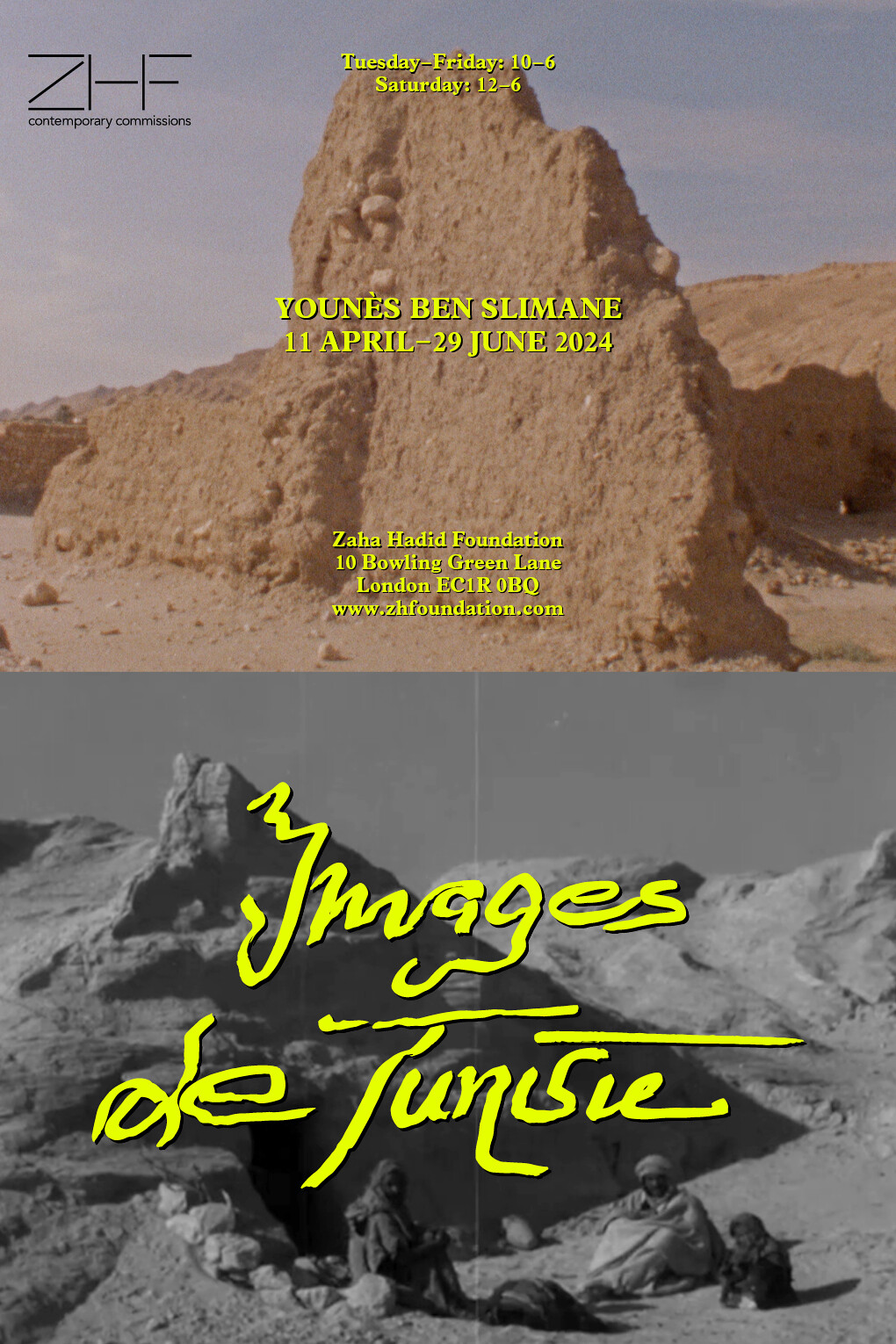Afterall issue 39
Jill Magid
Postcommodity
Lawrence Abu Hamdan
Center for Historical Reenactments
Peter Pál Pelbart on “What Is the Contemporary?”
Iniva and Black Activism
Headlands at the Museum of Contemporary Art, Sydney
Afterall is pleased to present issue 39, summer 2015, which looks at confusion and noise as artistic strategies. From Lawrence Abu Hamdan’s and Jill Magid’s manipulation of linguistic slippage in the discourse of law and state to Postcommodity’s clouding of cultural identity and the Center for Historical Reenactments’ engagement with fragility and death, the projects brought together in this issue baffle rather than illuminate—a refusal to conform to all-too-Western humanist ideals that can be read through Peter Pál Pelbart’s praise of minority as a decolonial tool. Accompanying essays assess how institutions such as London’s Institute of International Visual Arts (Iniva) and the Museum of Contemporary Art in Sydney have responded to postcolonial debates, and speculate on why their once-innovative organisational models might be in crisis today.
The issue opens with Peter Pál Pelbart‘s call for “becoming minor”: reflecting on Immanuel Kant’s understanding of the Enlightenment—which states that to be modern is to reach majority, to “grow up”—Pelbart suggests that to be contemporary is to develop minor ways of existing that circumvent and undermine majoritarian, Kantian demands.
As Lucy R. Lippard recounts, the collective Postcommodity often employ tools borrowed from experimental music, such as duration and noise, to deflect the impulse for clarity behind much identity politics. As they explain to Bill Kelley, Jr, they use sound as a means to “stretch or condense time,” and to repel stereotypes about indigenous cultures—”one of the many reasons why noise and confusion are places where we prefer to hang out.” This slowing down of time is also central to the work of the Center for Historical Reenactments, here surveyed by Khwezi Gule. Rather than aligning their invocation of the past with the memorialising efforts of official institutions, however, their projects mirror the fragility of the memories they aim to exhume—those of the many victims of apartheid South Africa.
Contradiction, ambivalence and equivocality are at the heart of Lawrence Abu Hamdan‘s investigation into the production of truth. Anders Kreuger turns to his training in linguistics to show the extent to which the muddled relations between language and truth are ingrained in Western culture. In conversation with Robert Leckie, meanwhile, Abu Hamdan connects his interest in the politics of listening to his early days as a DIY musician. Jill Magid‘s amorous provocations of institutional bureaucracy, as catalogued here by Mihnea Mircan, share Abu Hamdan’s humorous infiltration of majoritarian discourses to suggest malfunctions of desire at the heart of institutional crises.
Finally, we look back to the early days of two distinct art institutions, unfolding more or less simultaneously on opposite sides of the globe. Eddie Chambers locates the current crisis at London’s Institute of International Visual Arts (Iniva) in its increasing convergence with the procedures of its larger, mainstream competitors—in stark contrast to the self-organised Black activism and artistic activity (of which Chambers was part) that led to its founding. In turn, Christina Barton describes Headlands (1992), the inaugural exhibition at the Museum of Contemporary Art in Sydney, which foregrounded artists’ works from neighbouring New Zealand in defiance of an increasingly globalised art circuit.
This is the last week of Afterall’s campaign to fund five new and inclusive opportunities for recent graduates. We are concerned that there is a lack of diversity in writings about art and we want to make a difference. Please donate 10 GBP here to support the campaign and receive a copy of the summer issue of Afterall delivered to your doorstep (when you select the journal perk).
This summer Afterall Books also presents the sixth publication in its “Exhibition Histories” series, Cultural Anthropophagy: The 24th Bienal de São Paulo 1998. The MRes Art: Exhibition Studies programme welcomes final applications for the forthcoming academic year.
Afterall journal is published by Central Saint Martins, London, in editorial partnership with M HKA, Antwerp and the Department of Visual Arts–Open Practice Committee (DOVA–OPC), University of Chicago, and in association with the University of Chicago Press.
To subscribe to Afterall journal, please click here.
Afterall is now available as an e-book edition. If you are already a subscriber, you can download it here. Otherwise, you can purchase single issues here.



